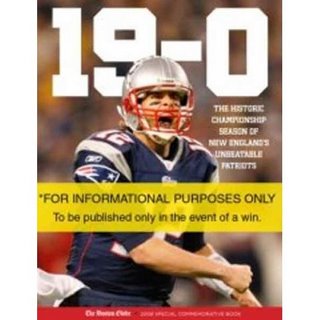
The Avvo web site for rating lawyers came on line last year to the sound of widespread derision. I won’t re-invent the wheel, just point you to Scott Greenfield’s most recent post on the subject at Simple Justice, where he goes through some of his past criticisms, which Avvo has been working on from the beginning. The last time I checked it out, they wanted my credit card number just to write a review of another lawyer. Thanks, I thought, but I’ll pass.
Since Greenfield said today that many improvements had been made, I went back for a visit. After all, the days of lawyers or clients finding appropriate counsel from books is rapidly going the way of the dinosaur, and potential clients may find such websites that will replace Martindale-Hubbell. So this is the nightmare I found when I tried to create an account to update the profile they created for me:
A “terms of use” document that I started to read, before I realized it didn’t have an end. Or at least it didn’t have an end any rationale human being would ever see. After reading the part about giving them the right to change the terms at any time without my agreement, and this could be to take my first born for all I know, I knew it was unlikely I would agree to their terms of use.
It then went on to assert that they had the right to send me as many junk emails as they want from whoever they sell their lists to. You can’t opt out. I mean, really, are you guys kidding with this crap? [Edit: Apparently you can opt out of commercial emails, but not “service or account-related emails.” See the comments.]
Quickly disgusted, I copied and pasted the terms of use into a Word document, ran the word count, and found their 15-page magnum opus to be 4,983 words long. And some of it, for reasons known best to people who apparently don’t deal with actual humans, is IS WRITTEN IN ALL CAPS IN BLOCKY PARAGRAPHS FILLED WITH WRETCHED LEGALISTIC MUMBO JUMBO making it almost impossible to read. Is this where you put stuff when you really don’t want folks to read it?
I quickly left the site. Thanks, Avvo, I’ll pass again.
Addendum 3/27/08: More on lousy legal drafting using all caps at The Legal Satyricon, wth many links: Seven sixteenths of one inch… Maddox meets contract drafting


